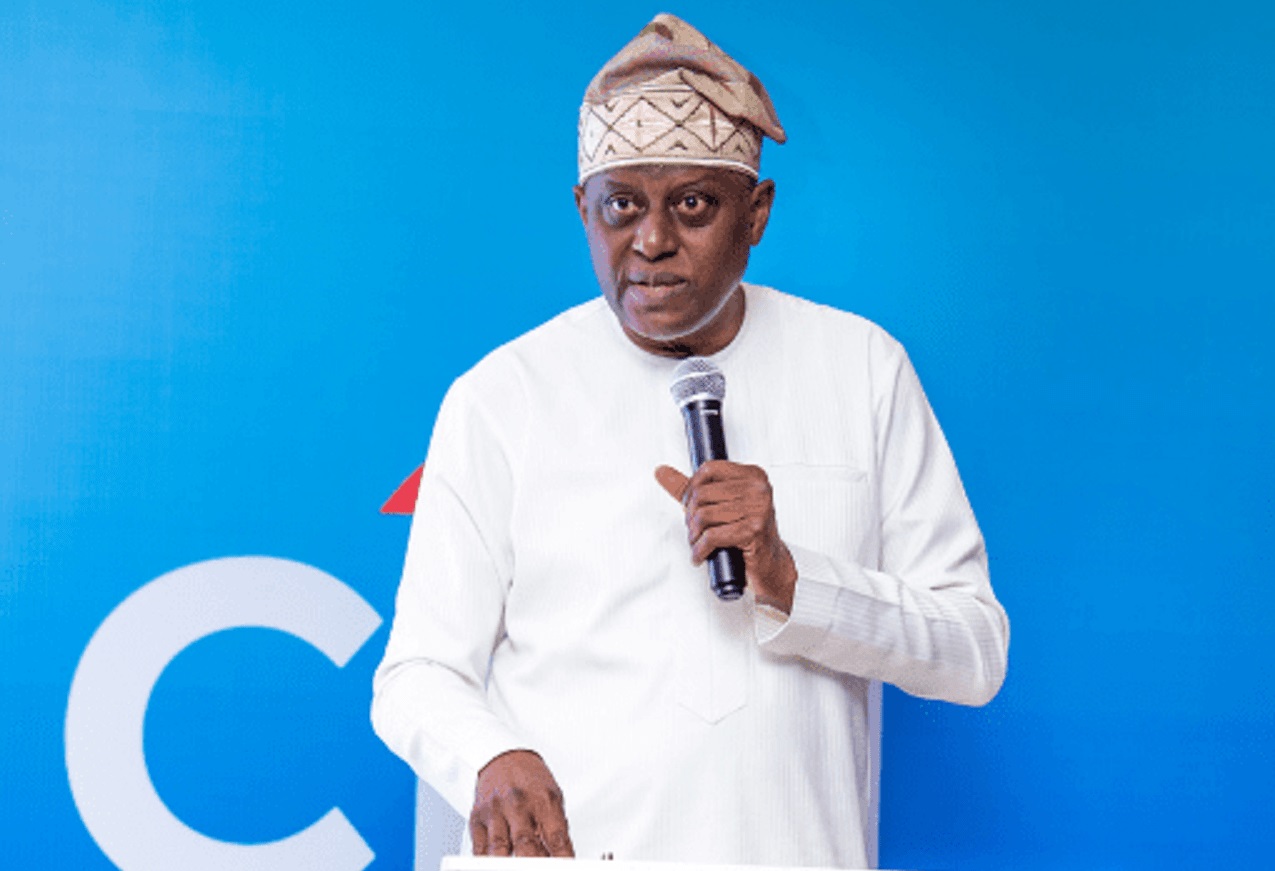By Adedapo Adesanya
The National Pension Commission (PenCom) is projected to close the year with over N22 trillion in pension assets impacted by challenges like inflation and monetary policies.
This is according to PenCom Director-General, Mrs Omolola Oloworaran, at a press conference in Abuja on Thursday.
She said as of October 2024, the Contributory Pension Scheme (CPS) had 10.53 million registered contributors and pension fund assets worth N21.92 trillion.
Speaking at the conference-themed Tech-driven Transformation Shaping the Pension Landscape, which showcased PenCom’s strategic commitment to innovation, she said that the numbers reflected the agency’s unwavering commitment to fund safety, prudent management, and sustainable growth.
She explained that the pension environment was impacted by the wider economic challenges facing the country, noting that the sector battled multi-year high inflation, Naira devaluation, and the lingering effects of unorthodox monetary policies by the Central Bank of Nigeria (CBN).
Business Post reports that the apex bank hiked interest rates by 875 basis points this year alone to tackle persistent inflation which peaked at 33.8 per cent as of October.
She said that these challenges eroded the real value of pension funds and impacted contributors’ purchasing power.
“To address these issues, the commission has initiated a comprehensive review of its investment regulations.
“It is focusing on diversifying pension fund investments into inflation-protected instruments, alternative assets, and foreign currency-denominated investments.
“The goal is to safeguard contributor savings and ensure resilience against future economic volatility,” she said.
She restated the commission’s commitment to expanding pension coverage, particularly through the advanced micro-pension plan designed to encourage participation from the informal sector using technology.
“This initiative will make it easier for everyday Nigerians to save for retirement, aligning with our vision of inclusive growth and financial stability for all.
“The backlog in retirement benefits for retirees of the Federal Government’s Ministries, Departments, and Agencies (MDAs) will soon be settled.
“The federal government recently disbursed N44 billion under the 2024 budget to settle approved pension rights.
“We are collaborating with the Federal Government to institutionalise a sustainable solution to ensure retirees receive their benefits promptly, eliminating delays,” Mrs Oloworaran said.
She said that PenCom’s technology-driven transformation aimed to make the CPS more accessible, reliable, and sustainable.
“From data management to seamless contributions and regulatory supervision, we are paving the way for a future where the pension industry serves all Nigerians effectively,” she said,
Mrs Oloworaran also said that the e-application portal for pension clearance certificates has replaced the manual processes and enhanced the ease of doing business in the sector.
“Since its deployment, 38,528 pension clearance certificates have been issued. This initiative ensures compliance and secures the future of Nigerians working in organisations that interact with the government,” she said.
Like this:
Like Loading...
Related






































